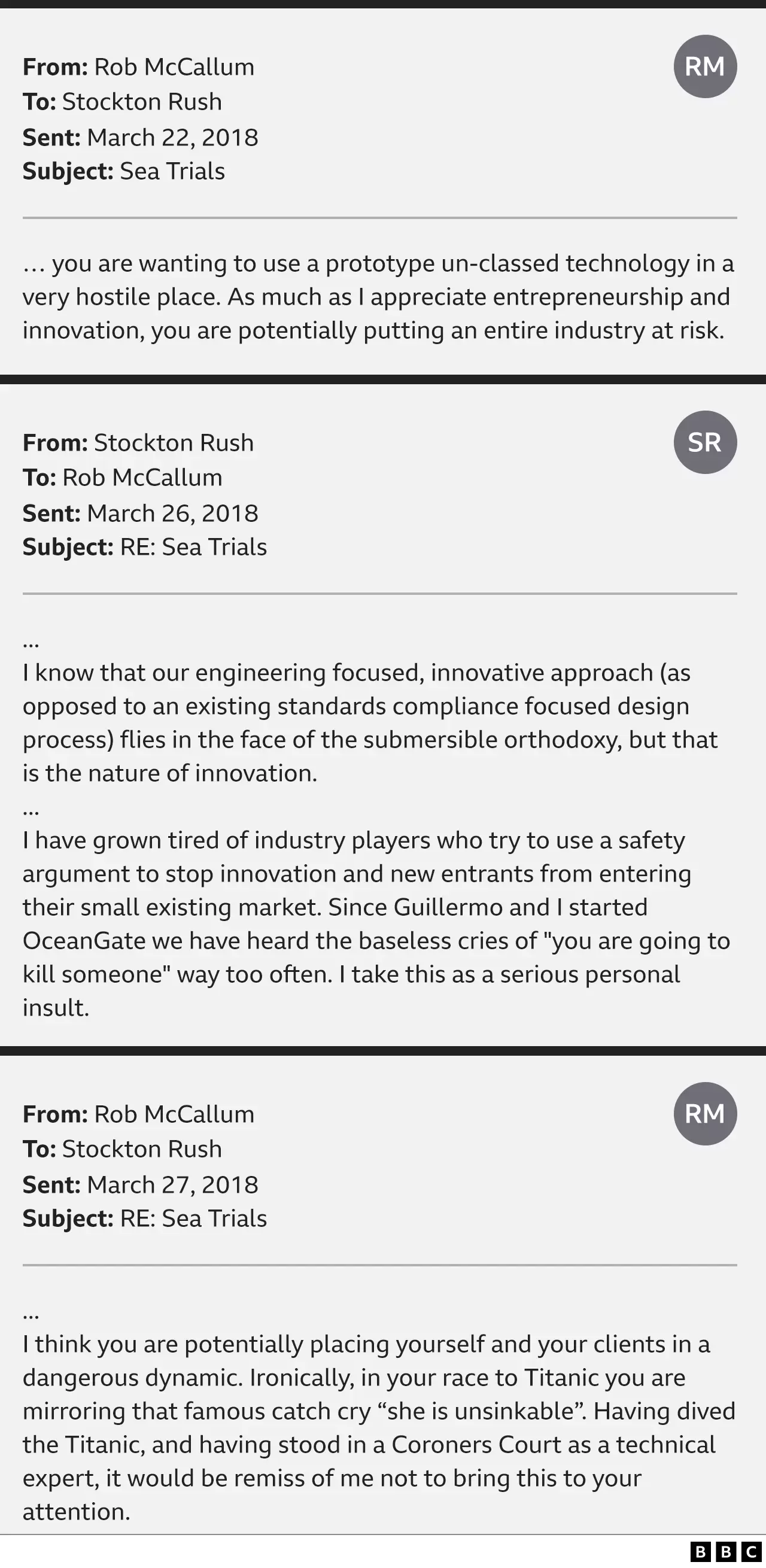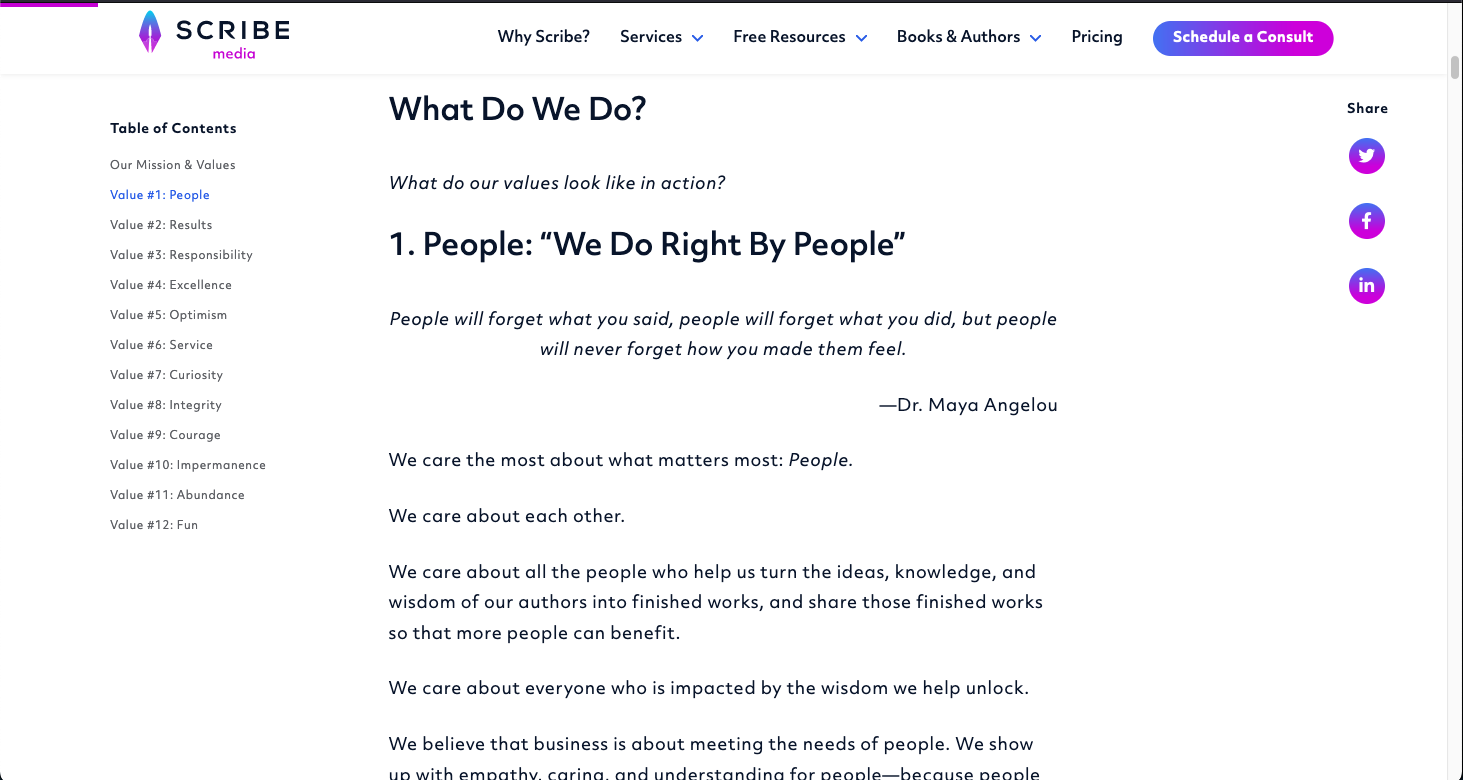Hubris, Lies, and Consequences
I’ve been thinking about leadership hubris lately, in the wake of 2 recent news events.
First, the implosion of the Titan submersible and tragic death of its 5 occupants. Among them was Stockton Rush, CEO of OceanGate (makers of Titan). As we are now learning, experts had warned the CEO for years against such a dangerous expedition without proper certification:

We also know now that the submersible was never certified or classed, and the CEO repeatedly made claims that his company’s technical wizardry rendered all those stodgy regulations obsolete (while at the same time firing an employee who warned of safety issues):
“[OceanGate’s] engineering focused, innovative approach… flies in the face of the submersible orthodoxy, but that is the nature of innovation” - Stockton Rush
Did Stockton Rush truly believe these claims, or was he trying to pull an Elizabeth Holmes-style hoodwink over investors and customers? After all, startup CEOs lie all the time. Here, as Rush put himself at risk too, we can assume he was a true believer. But note the eerie similarities between Rush’s comments above, and what Elon Musk has said in the past about regulators:
“His (the FAA regulator’s) manager sent me this long email about how he had been in the shuttle program and in charge of 20 launches or something like that and how dare I say that the other guy was wrong,” Musk says in Ashlee Vance’s book Elon Musk: Tesla, SpaceX, and the Quest for a Fantastic Future. “Not only is he wrong,” Musk says, “let me rearticulate the reasons. We’re trying to have a really big impact in the space industry. If the rules are such that you can’t make progress, then you have to fight the rules.”
Or how about our old friend Travis Kalanick:
“We’re totally legal, like totally legal, and the government is telling us to shut down. And you can either do what they say or you can fight for what you believe.” — Travis Kalanick
To me, it’s a troubling repercussion of our techno-fetishism and CEO-worship culture. We’ve mythologized the heroic entrepreneur, fighting against evil bureaucrats so they can lead us into a new world. People like Musk and Kalanick enjoy fighting regulators, taking some perverse fun in it, even as their deep pockets and political connections prevent any real liability when that same tech fails catastrophically. And the fanboys love this kind of rhetoric - to the douchebros who idolize “alphas” like Joe Rogan, Andrew Tate, Trump and the like, Musk is just sticking it to the man; something they would love to do. Buying into the hype is to society’s detriment. We need to treat claims from VCs, CEOs and startup founders far more skeptically than we currently do.
One last point on this news. As we learn that OceanGate has refused to pay for the multi-national search and rescue effort, I am reminded of the 2-year old Syrian boy who drowned in the Mediterranean during the Syrian refugee crisis. Since 2014, over 15,000 migrants have drowned while crossing the Mediterranean in search of safe haven. I wish we lived in a world that cared as much about rescuing folks like little Alan Kurdi, as it did about 5 billionaires on a private thrill-seeking expedition. If you can, please donate to UNHCR today.

On a relatively lighter note. Did you hear about the recent implosion of Scribe Media, the #1 hybrid publisher in the US? This popular, well regarded Austin-based company just went belly-up overnight - 90% of staff laid off, CEO resigned, customers left with no idea if they’ll get their money back - in short, total chaos. Sam Lacrosse has written an excellent account of events that you should read. It’s like the Theranos story but with meaner, pettier charlatans. I followed these revelations with a bit of schadenfreude; having known a key player in the drama from a past company, and sensing that this outcome was a matter of when, not if.
Remember Enron’s company values? Integrity, Communication, Respect and Excellence. Uber, under Travis Kalanick, had company values such as Always be hustlin’, Superpumped and Meritocracy and toe-stepping. Not to be outdone, Scribe Media had an entire Culture Bible that it liked to tout in Best Places To Work-type fluff pieces. Here are their 12 values:
- People: “We Do Right By People”
- Results: “We Get Things Done”
- Responsibility: “We Are In Charge Of Our Reality”
- Excellence: “We Have Impeccable Attention to Detail”
- Optimism: “We Trust With Generous Intent”
- Service: “We Decide What’s Best, Not Who’s Right”
- Curiosity: “We Ask Questions”
- Integrity: “We Are Honest With Ourselves and Others”
- Courage: “We Bring Our Whole Selves to Work”
- Impermanence: “We Embrace Change”
- Abundance: “We All Rise Together”
- Fun: “We Enjoy Our Lives, Our Work, and Each Other”
For extra hilarity you should read the whole bible on their website (while it’s still up). It’s a marvel of corporate bullshittery; filled with inspiring quotes and pithy lines like “We believe that done is better than perfect, and that excellent is the best way to be done.” If you didn’t know this was a business, you might mistake them for a megachurch. And with the benefit of hindsight, you can tell it’s all lies because they lay it on so thick.

As the NYT observed about Enron’s values:
Take respect: ‘We treat others as we would like to be treated ourselves.’ Fair enough. But Enron elaborates: ‘We do not tolerate abusive or disrespectful treatment. Ruthlessness, callousness and arrogance don’t belong here.’ Oh my. Who brought up ruthlessness, callousness and arrogance? As a corporate communications editor, I’ve read hundreds of companies’ V&V statements, and nowhere have I seen a single reference to ruthlessness, callousness or arrogance - let alone all three.
Sometimes, if something sounds too good to be true, that’s because it is.
